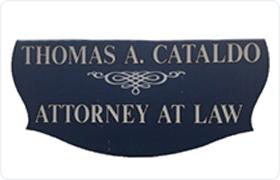Chatham RICO Act Lawyer, New Jersey, page 3
Sponsored Law Firm
-
 x
x

Click For More Info:
-
Thomas A. Cataldo, Attorney at Law
52 South Street Morristown, NJ 07960» view mapCriminal Defense Law Tip The Scales In Your Favor!
Thomas A. Cataldo, Attorney at Law has the legal experience you need at affordable rates that can't be beat.
800-834-4291
Not enough matches for Chatham RICO Act lawyer.
Below are all Chatham Criminal lawyers.
Robert G Stahl
Federal Appellate Practice, White Collar Crime, Felony, Felony, Criminal
Status: In Good Standing
Stephen Skippy Weinstein
Mass Torts, Criminal, Wrongful Death, Personal Injury, Medical Malpractice
Status: In Good Standing Licensed: 43 Years
Philip Samuel Adelman
Civil & Human Rights, Criminal, Civil Rights, Municipal
Status: In Good Standing Licensed: 21 Years
Sandra L. Lascari
Criminal, Litigation, Guardianships & Conservatorships
Status: In Good Standing Licensed: 33 Years
 Thomas Cataldo Morristown, NJ
Thomas Cataldo Morristown, NJ Practice AreasExpertise
Practice AreasExpertise
